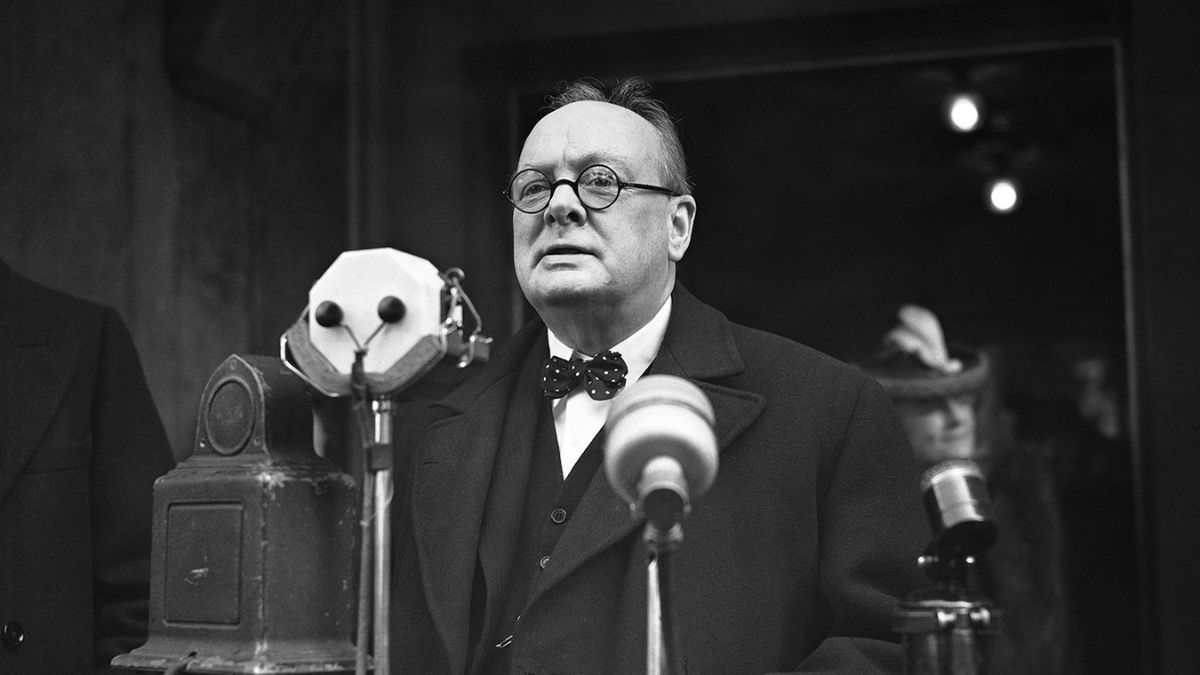One of the most important events for both Britain and the world took place on April 5, 1955, when Sir Winston Churchill tendered his resignation as the Prime Minister of the United Kingdom. Many consider his resignation as the end of an era in the Britain’s political landscape.
If you are a history geek who loves to learn about important events from the past, Firstpost Explainers’ ongoing series, History Today will be your one-stop destination to explore key events.
The lead vocalist of the grunge band Nirvana, Kurt Cobain, died by suicide on this day in 1994. He was found dead in his home in Seattle, Washington, with injection marks in both arms and a fatal wound to his head.
Here are some of the important incidents that took place on this day across the world.
Prime Minister Winston Churchill resigned
In 1955, the United Kingdom bid farewell to one of the most outstanding wartime leaders to hold public office. Sir Winston Churchill’s resignation was announced in a statement from Buckingham Palace on the afternoon of April 5, 1955.
According to the BBC, the statement read, “The Right Honourable Sir Winston Churchill had an audience with the Queen this evening and tendered his resignation as Prime Minister and First Lord of the Treasury, which Her Majesty was graciously pleased to accept.”
The announcement was followed by a dinner party held at 10 Downing Street, attended by the Queen along with the Duke of Edinburgh. Several colleagues of Churchill, both present and past, were also present in attendance.
The resignation marked the culmination of a distinguished political career that had encompassed more than five decades, notably characterised by his critical leadership during World War II. Though influenced by political and personal factors, Churchill’s resignation was largely a voluntary act. After delaying for months to manage Cold War tensions, he recognised the need for a successor and passed the prime ministership to Anthony Eden.
The enduring respect for Churchill was evident in the honours he received, including the Order of the Garter and a state funeral in 1965, which was a watershed moment in British history.
Kurt Cobain died by suicide
The lead vocalist of the grunge band Nirvana, Kurt Cobain, took his own life on this day in 1994. He was found three days later in his Seattle home with injection marks and a fatal wound to the head from the 20-gauge shotgun found between his knees.
While his suicide terminated his life, it is crucial to recognise that his existence was marked by a level of suffering disproportionate to that generally associated with the public perception of rock superstardom. Cobain had struggled with mental health issues, drug addiction and the pressures of fame for the better part of his life. Despite Nirvana’s immense success, he often expressed discomfort with stardom and felt overwhelmed by the commercialisation of his music.
He was known for his raw lyrics, distinctive voice and rebellious attitude. In early 1994, Cobain’s personal struggles intensified. He had previously overdosed in Rome in March, which many believe was an early suicide attempt. On April 1, he escaped from a rehabilitation centre in Los Angeles and returned to his Seattle home.
On April 8, 1994, his body was discovered in the greenhouse of his home by an electrician who had arrived to install a security system. A shotgun lay beside him, and a suicide note was found nearby. The autopsy confirmed he had died on April 5 from a self-inflicted gunshot wound to the head.
This Day, That Year
In 1951, Julius Rosenberg and Ethel Rosenberg were sentenced to death for espionage.
Chile declared war on Peru and Bolivia, beginning the War of the Pacific on this day in 1879.
US President George Washington issued the first presidential veto in US history on 1792.


)
)
)
)
)
)
)
)
)



